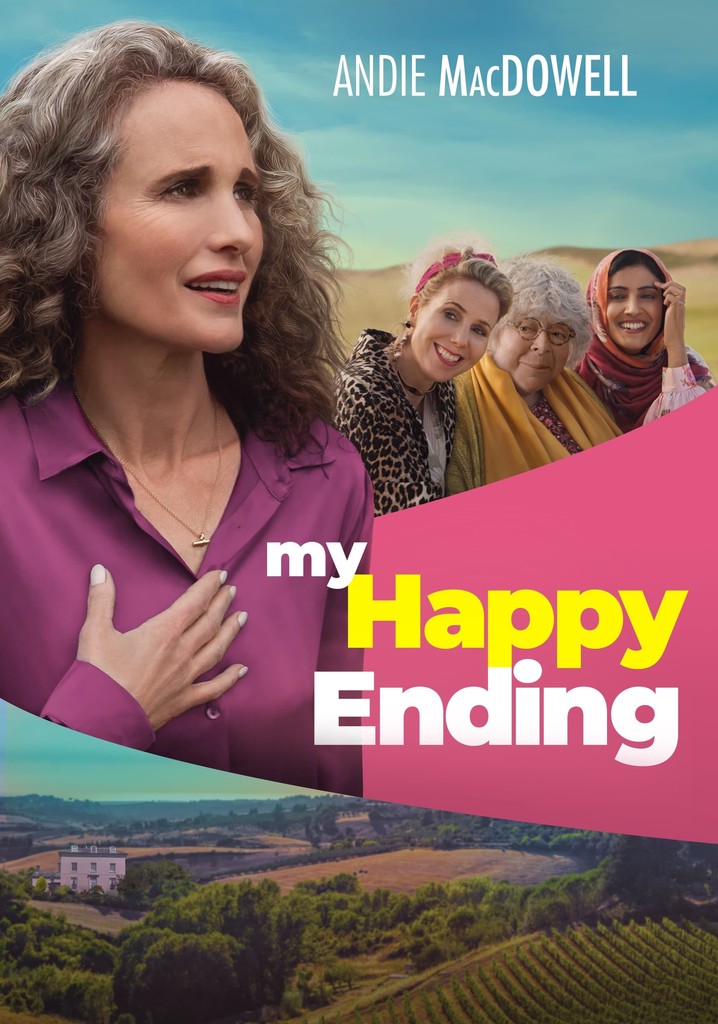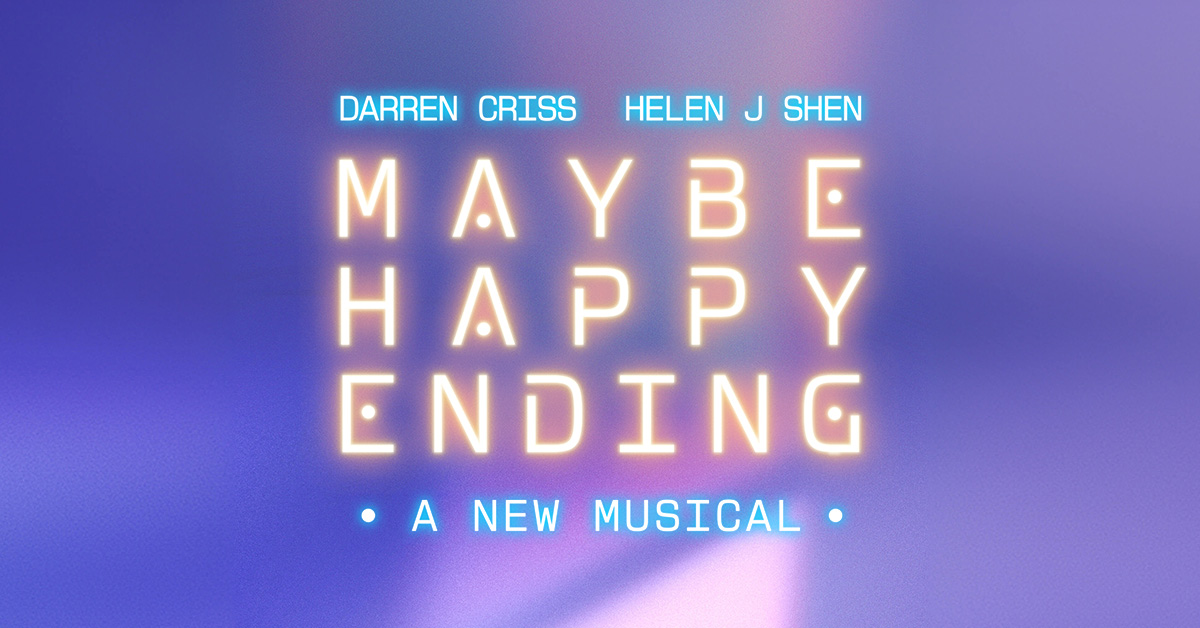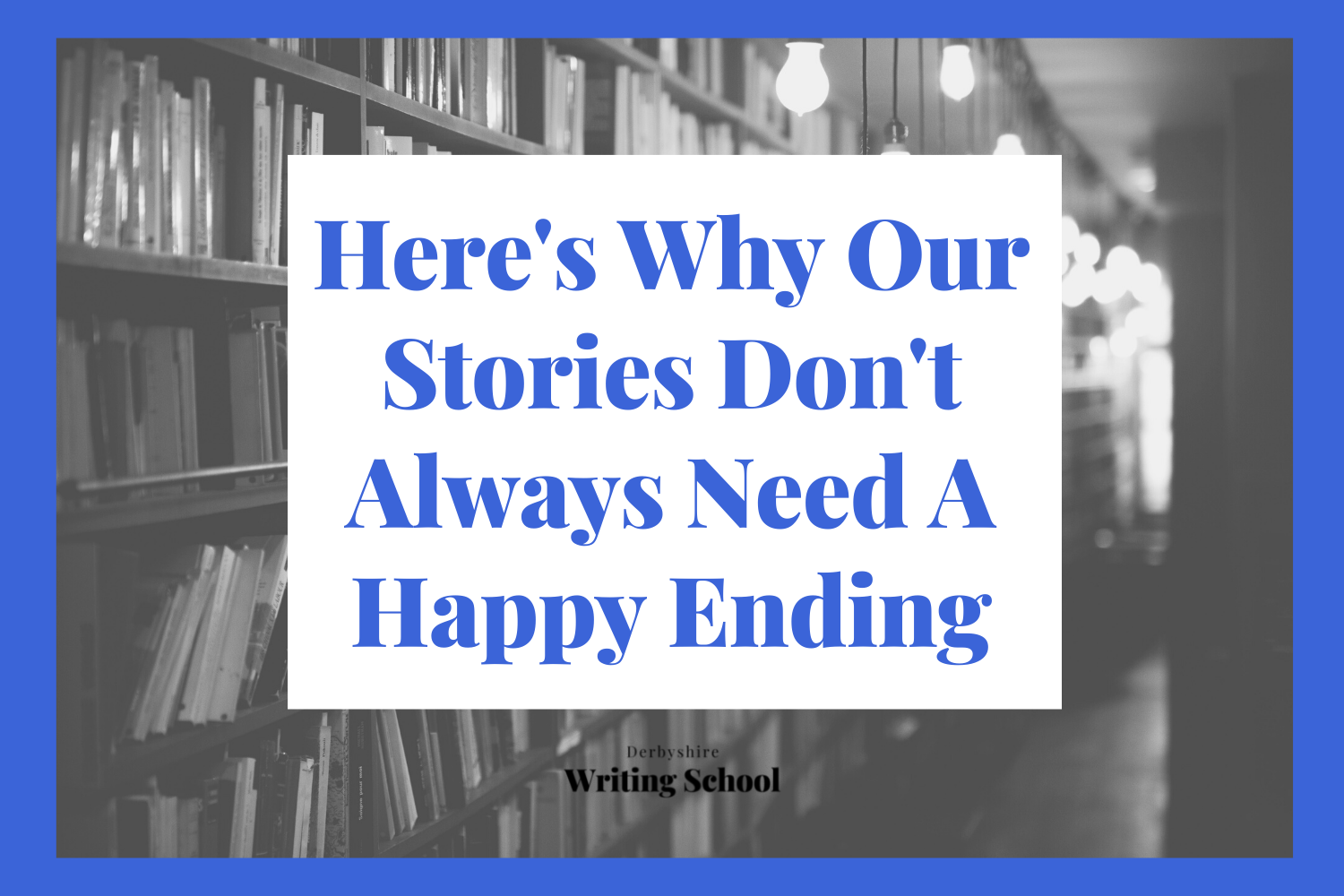Build A Tips About Does We Were There Have A Happy Ending

Not All Debugging Stories Have A Happy Ending
Exploring the Fates of Characters
1. Delving into the Narrative's Core
Ah, "We Were There"! A story brimming with adventure, mystery, and characters we can't help but get attached to. But the big question on everyone's mind, isn't it? Does it deliver a satisfying, happy ending? It's a question that lingers long after the credits roll, and honestly, it's not always a straightforward "yes" or "no." Buckle up, because we're diving in!
The concept of a "happy ending" is so subjective. What satisfies one viewer might leave another wanting more. Some crave a neat, tidy resolution with everyone paired up and smiling. Others prefer something a bit more nuanced, a little bittersweet, perhaps even open to interpretation. "We Were There," like many complex narratives, tends to lean toward the latter. It's less about rainbows and unicorns and more about growth, acceptance, and finding peace amidst chaos.
Think about the core conflicts within the storyline. Were the central problems addressed? Did the characters overcome their inner demons and external challenges? These are crucial factors to consider when evaluating the ending's overall impact. A happy ending isn't necessarily about everything being perfect, but rather about the characters finding a way to navigate their imperfect world with resilience and hope.
Ultimately, the ending's happiness hinges on your perspective. Did the journey leave you feeling fulfilled, despite any lingering questions or uncertainties? Or did it leave you wanting more, perhaps even feeling a little cheated? Your answer likely depends on what you were hoping to get out of the story in the first place.

15 Feel Good Romantic Korean Dramas With Happy Endings YouTube
Character Arcs and Their Resolutions
2. Dissecting Individual Journeys
To truly gauge the ending's happiness, we need to look at the individual character arcs. Did our beloved protagonists achieve their goals? Did they grow and evolve throughout the series? And, perhaps most importantly, did they find a sense of closure?
Consider the main character, let's call her Anya for the sake of discussion (without spoiling too much!). Did she overcome her initial struggles and emerge stronger? Did she find love, friendship, or a sense of belonging? Her personal journey is often a key indicator of the overall tone of the ending.
What about the supporting characters? Were their storylines wrapped up in a satisfying way? Did they find redemption, forgiveness, or simply a path forward? Sometimes, the happiness of the ending rests on the fates of these characters just as much as it does on the protagonist's.
Keep in mind that "happy" doesn't always mean flawless. Some characters might still face challenges or carry scars from their past experiences. The crucial element is whether they've found a way to cope, to heal, and to move forward with a sense of hope for the future. That's a much more realistic and arguably more meaningful version of a happy ending.

Unresolved Mysteries and Open Endings
3. Embracing Ambiguity or Craving Closure
Many stories, including "We Were There," deliberately leave certain questions unanswered or dangle plot threads that are never fully resolved. This can be a source of frustration for some viewers, who crave a neat and tidy resolution. Others, however, appreciate the ambiguity, finding that it adds depth and complexity to the narrative.
The question of whether unresolved mysteries detract from a happy ending is highly subjective. For some, loose ends can feel like a betrayal, leaving them with a sense of incompleteness. They might feel as though the story hasn't truly concluded, and that they've been denied a proper sense of closure.
On the other hand, open endings can be incredibly powerful. They allow viewers to continue imagining the characters' lives beyond the confines of the story, filling in the gaps with their own interpretations and hopes. This can create a more personal and lasting connection with the narrative.
Ultimately, whether you view unresolved mysteries as a blessing or a curse depends on your own preferences as a viewer. If you crave definitive answers and a perfectly sealed conclusion, you might find yourself feeling somewhat disappointed. But if you're open to interpretation and enjoy pondering the possibilities, you might find that the ambiguity enhances your overall experience.

Thematic Resonance
4. Beyond Plot Points
Beyond the specific plot points and character arcs, "We Were There" likely explores deeper themes that resonate with viewers on a more profound level. These themes — such as friendship, loss, redemption, and the search for meaning — can play a significant role in shaping our perception of the ending's overall happiness.
Even if the ending isn't perfectly happy in the traditional sense, the presence of these resonant themes can leave us with a sense of fulfillment and satisfaction. The story might remind us of the importance of human connection, the power of forgiveness, or the enduring strength of the human spirit. These are the kinds of takeaways that can linger long after the initial viewing experience.
Consider the message the story is trying to convey. Is it a message of hope, resilience, or the importance of staying true to oneself? If the ending aligns with and reinforces these themes, it can feel like a fitting and meaningful conclusion, even if it's not entirely devoid of sadness or uncertainty.
In the end, the thematic resonance of "We Were There" might be the most important factor in determining whether it has a happy ending. It's about the overall feeling the story leaves you with, the lasting impact it has on your perspective, and the way it makes you think about the world and your place in it.

So, Does "We Were There" Have a Happy Ending? It's Complicated...
5. The Final Verdict (Sort Of)
Alright, we've dissected character arcs, pondered unresolved mysteries, and explored the story's thematic depths. So, does "We Were There" have a happy ending? The truth is, it's complicated! There's no single, definitive answer, because it's all about perspective.
If you're looking for a perfectly wrapped-up ending with rainbows, sunshine, and zero loose ends, you might be slightly disappointed. "We Were There" often favors a more nuanced and realistic approach, acknowledging the complexities and imperfections of life. There might be lingering questions, bittersweet moments, and characters who don't necessarily get everything they want.
However, if you appreciate stories that explore deeper themes, challenge your thinking, and leave you with a sense of hope amidst the chaos, then you might find the ending to be quite satisfying. The characters likely grow, learn, and find a sense of peace, even if their lives aren't picture-perfect. And that, in itself, can be a form of happiness.
Ultimately, the best way to determine whether "We Were There" has a happy ending for you is to watch it and decide for yourself. Engage with the story, connect with the characters, and allow yourself to feel the full range of emotions it evokes. Then, reflect on your experience and ask yourself: did it leave you feeling fulfilled? Did it leave you feeling hopeful? If so, then perhaps, in its own way, it does have a happy ending after all. Just maybe not the kind you initially expected.

FAQ
6. Common Questions and (Hopefully) Helpful Answers
Still pondering the ending of "We Were There"? Here are a few frequently asked questions to help you navigate the complexities:
Q: What's the biggest debate about the ending?A: The biggest debate usually centers around whether certain characters achieved true closure and whether the unresolved plot points enhance or detract from the overall experience. Some people wished for more definitive answers, while others appreciated the ambiguity.
Q: Is there a sequel or follow-up planned?A: As of right now, there are no confirmed plans for a sequel or follow-up. But never say never! The entertainment industry is full of surprises. Keep an eye out for any official announcements from the creators.
Q: What are some similar stories with comparable endings?A: If you enjoyed the complex and somewhat bittersweet ending of "We Were There," you might also appreciate stories that explore similar themes and leave some questions unanswered. Shows like "[Insert Similar Show 1]" and "[Insert Similar Show 2]" often employ similar narrative techniques.
Q: Why did the writers choose to end it that way?A: The writers likely chose this ending to create a more realistic and thought-provoking experience. They wanted to leave viewers with something to ponder long after the credits rolled, encouraging them to think about the characters' journeys and the broader themes of the story.